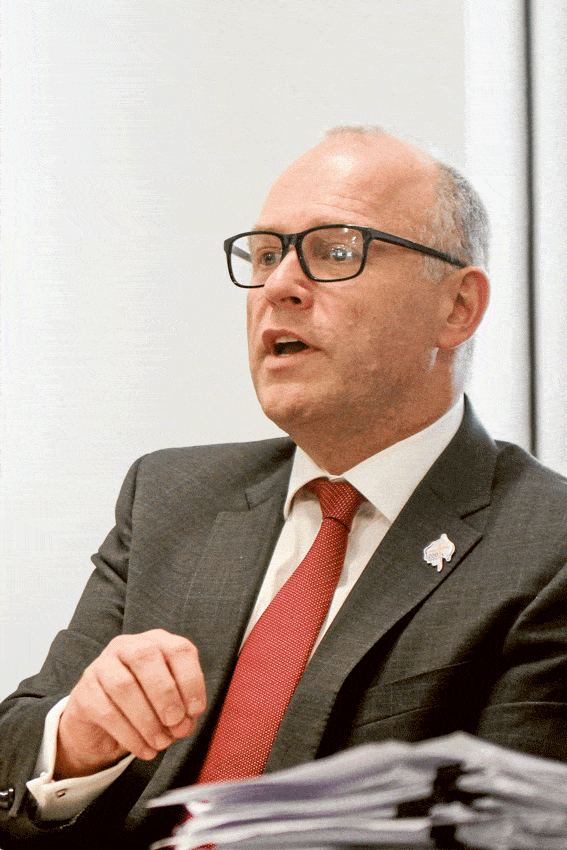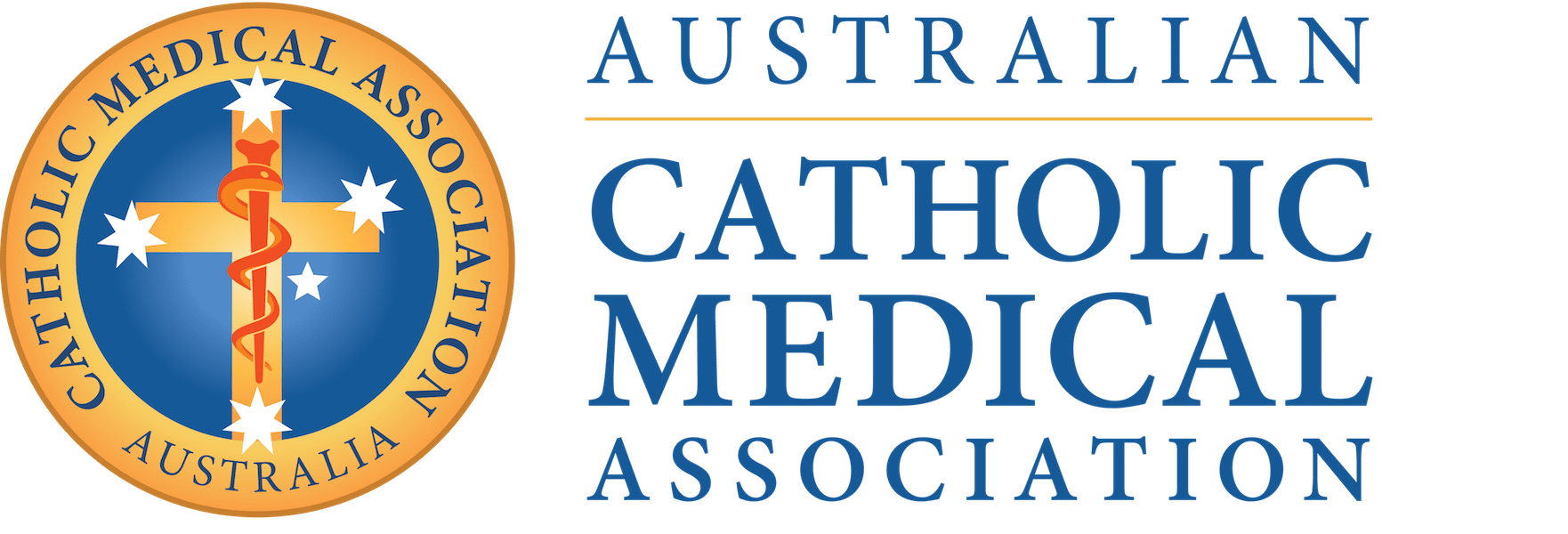Threat “looming” for NSW religious freedoms
Christian leaders in New South Wales have warned of a “looming battle” for the freedoms of private schools after the state’s Law Reform Commission released a review of the 1977 Anti-Discrimination Act (ADA).
The 267-page report released on 20 May is a consultation paper which canvasses opinions on a range of issues, including whether the anti-discrimination act should allow schools, religious and non-religious, to select personnel who support their values.
The commission based its discussion on preliminary submissions from dozens of organisations and individuals which it had received two years ago. It is now seeking comment on its consultation paper by 15 August.
While the document appears to be objective, says Joshua Rowe, the NSW Director for the Australian Christian Lobby, it has a “subtle but ominous” bias. He warns that Christians should not be naïve: a major struggle is looming over religious freedom.
Rowe points out that Sydney MP Alex Greenwich, who has claimed credit for decriminalising abortion and legalising assisted suicide, now has faith-based protections in his sights.
“We’re going to change the Anti-Discrimination Act to protect sex workers and to protect teachers and students,” Greenwich told Sydney’s leading LGBT newspaper, the Star Observer, last year. “That’s going to happen.”
 Member for Sydney Alex Greenwich speaks during Question Time at New South Wales Parliament House on 12 October 2021. Referral of Mr Greenwich’s bill to legalise euthanasia to a parliamentary committee is not a delay. Photo: AAP image pool/Dominic Lorrimer
Member for Sydney Alex Greenwich speaks during Question Time at New South Wales Parliament House on 12 October 2021. Referral of Mr Greenwich’s bill to legalise euthanasia to a parliamentary committee is not a delay. Photo: AAP image pool/Dominic Lorrimer
“It’s not like we’re sitting here prophesying about something that we haven’t seen before,” Rowe told The Catholic Weekly.
“All of the lobby groups, like Equality Australia, have pursued vehemently those kind of changes in the law. And so for us to sit here and say, you know, there’s not going to be that kind of battle looming in the short term through this review would just be quite naive.”
The oft-amended anti-discrimination act has been criticised as “cumbersome, wordy, opaque, repetitive and confusing”, and in urgent need of reform.
Currently, the report says, there is “a complex web of exceptions — some apply to certain forms of conduct, others to certain areas or attributes, and some apply across the whole Act.” It adds, “One of the most controversial issues in discrimination law is whether and, if so when, religious bodies should be granted exceptions that allow them to discriminate.”
Exceptions under question include provisions for training and appointing members of religious orders, and employing staff for faith-based schools.
But several Christian leaders told The Catholic Weekly that they feared the reform appears to be moving in the wrong direction.
They said the constant framing of religious freedom as an exception and not as a right could have serious consequences when concrete proposals for legislation emerge.
 Sydney Anglican Bishop Michael Stead. Photo: Patrick J Lee
Sydney Anglican Bishop Michael Stead. Photo: Patrick J Lee
Bishop Michael Stead, of the Anglican Diocese of Sydney, told The Catholic Weekly faith groups, at least since the time of the Ruddock review [in 2018], “have been making very clear the inadequate and inappropriate framing of the question.
“Human rights are equal and indivisible, and religious freedom is not an exception or exception to anti-discrimination legislation.”
Monica Doumit, Director of Public Affairs and Engagement for the Archdiocese of Sydney, said Protections for religious freedom, including the ability of religious institutions to hire people who share their faith and to keep activists out “should be uncontroversial.”
“It’s unfortunate that in every parliamentary term, state or federal, we are forced to defend fundamental and commonsense rights and freedoms,” she said.
Another complaint about the commission’s approach is that it fails to appreciate parents send their children to schools for character as much as academic formation – which is a responsibility of all the staff, not just chaplains or religion teachers.
“Everybody who’s on the staff is part of a community of faith. Teachers and staff are role models for children, and they’re doing a lot more than just teaching the Australian Curriculum,” said Vanessa Cheng, of the Australian Association of Christian Schools.
 Dallas McInerney in his office in Sydney. PHOTO: Ben Conolly
Dallas McInerney in his office in Sydney. PHOTO: Ben Conolly
“Some schools just teach the major subjects like any other school, and they have a particular religious subject or time spent in a chapel as a carved-out part of the timetable.
“But for our schools we want to have it embedded in all areas of the curriculum, because the teachers are role models [of lived faith]”.
The faith leaders also warned that NSW should not go down the Victorian path, where following amendments to Victoria’s Equal Opportunity Act 2010, schools may only “discriminate” in selecting teachers if conformity to the school’s religious beliefs is an inherent requirement of the job.
Dallas McInerney, Chief Executive Officer of Catholic Schools NSW said the current legislative arrangements “are critical to maintaining the ethos of Catholic schools and having the freedom and confidence to stay true to Mission, the Catechism, and the promise we make to the families who enrol their children in Catholic schools.”
“There is no need to provide a running schedule of how often we access or rely on these provisions, as there is a wider value in the law of the land giving ongoing expression to recognised rights of faith-based communities; litigation isn’t the only measure of their utility.”
 St Mary’s Cathedral College becomes co-ed. Photo: Chris Huggett/Sydney Catholic Schools
St Mary’s Cathedral College becomes co-ed. Photo: Chris Huggett/Sydney Catholic Schools
John Steenhof, of the Human Rights Law Alliance, pointed out before the legislation was passed that this potentially violates the International Covenant on Civil and Political Rights.
“This covenant treats the fundamental rights of parents seriously and sets out in article 18(4) the commitment under international law to ensure the rights of parents to provide their children with a religious and moral education that conforms to their own convictions,” Steenhof wrote at the time.
